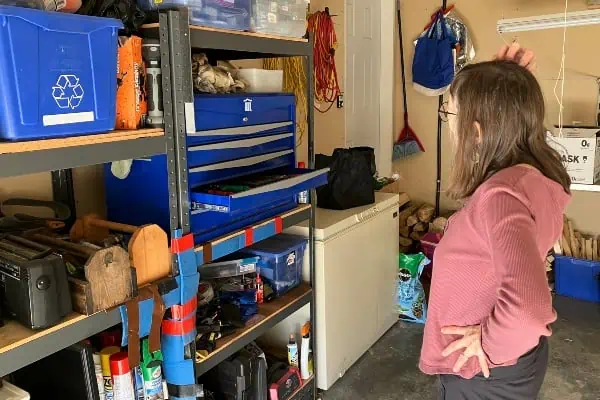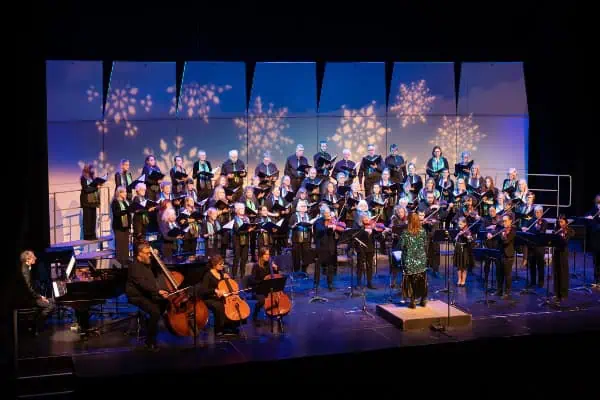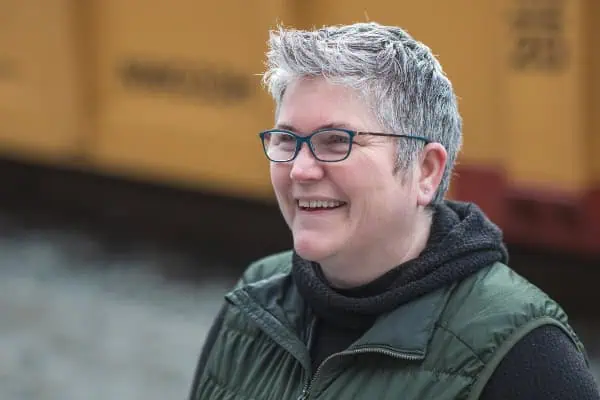When was the last time you went out for coffee? I don’t mean get a coffee and run – you probably did that already twice today – I mean socially.
It seems like everything else, we have sped up our lives so much that we no longer find the time to sit and chat for half an hour over a latte with good friends.
Coffee shops were once considered hubs of philosophical debate, political meetings, and the place where writers, artists, and the like met to talk about ideas, read poetry, debate, and wax philosophical.
At one point in history, coffee shops were even banned, as church officials felt they contributed to political dissent, which could lead to revolution.
In Britain, coffee shops were referred to as Penny Universities, as that was the fee charged to become a member. In the classist system of Britain, men of affluence could meet to change political systems, discuss the church, debate, etc.
But coffee also fell into the working man’s hands, and many a revolution or coup was planned over a cup o’ Joe. As coffee expanded from the fine china of kings and queens to the cups of working class, it also became a symbol of the free-thinking man’s beverage of choice.
Coffee has its place in religion as well. The Capuchin Monks, from which the classic Italian drink derives its name, drank the holy bean to get closer to God. Feelings of euphoria, and a connection with the higher power, were often used as tools to “speak to God}.
In the Middle East, smoking Charra (hashish) and drinking coffee brought religious men a profound sense of enlightenment.
And as we can all can attest, drinking coffee can accelerate our speech and thoughts, and can elevate us to a place some might refer to as a holy place. On occasion, it can feel like a religious experience – if your barista has done their job well.
In the last decade we have seen the rise of internet cafes, where people merrily blog along, drinking cup after cup of coffee.
From an insider’s perspective, this also seems the death of the cafe, as people tend to log on, and then log off socially speaking.
Instead of lively debate, and discussions involving more than person, we have traded conversations with real live people, to conversations with a laptop monitor.
I like to think that I move with the times, but I still find this new model for social interaction a bit of a cop out.
Surely looking up information on Wikipedia or blogging your opinions to faceless listeners around the world can’t be as interesting to the modern thinker as, say, a round table discussion involving more than one person. Isn’t it better if the others can look you in the eye, and argue their points while waving their cups in the air?
Going out for coffee still remains, for me, one of the finest institutions that brings people together and keeps them talking to each other (that and the neighbourhood pub).
If you asked why I choose to work in a cafe, I would tell you that apart from drinking coffee all day, I get to talk, debate, ponder, and chat with members of my community. I get to learn, participate, and actively free-think every day.
It is and still remains my dream job. It may be small on a global scale, but as a microcosm of our community, it could be seen as the social hub.
I can’t think of anything better than a good chair, good coffee, good friends and lively debate. It makes me feel human, keeps me connected to others, and reminds me daily of the possibility of the divine humanness that is in all of us.




